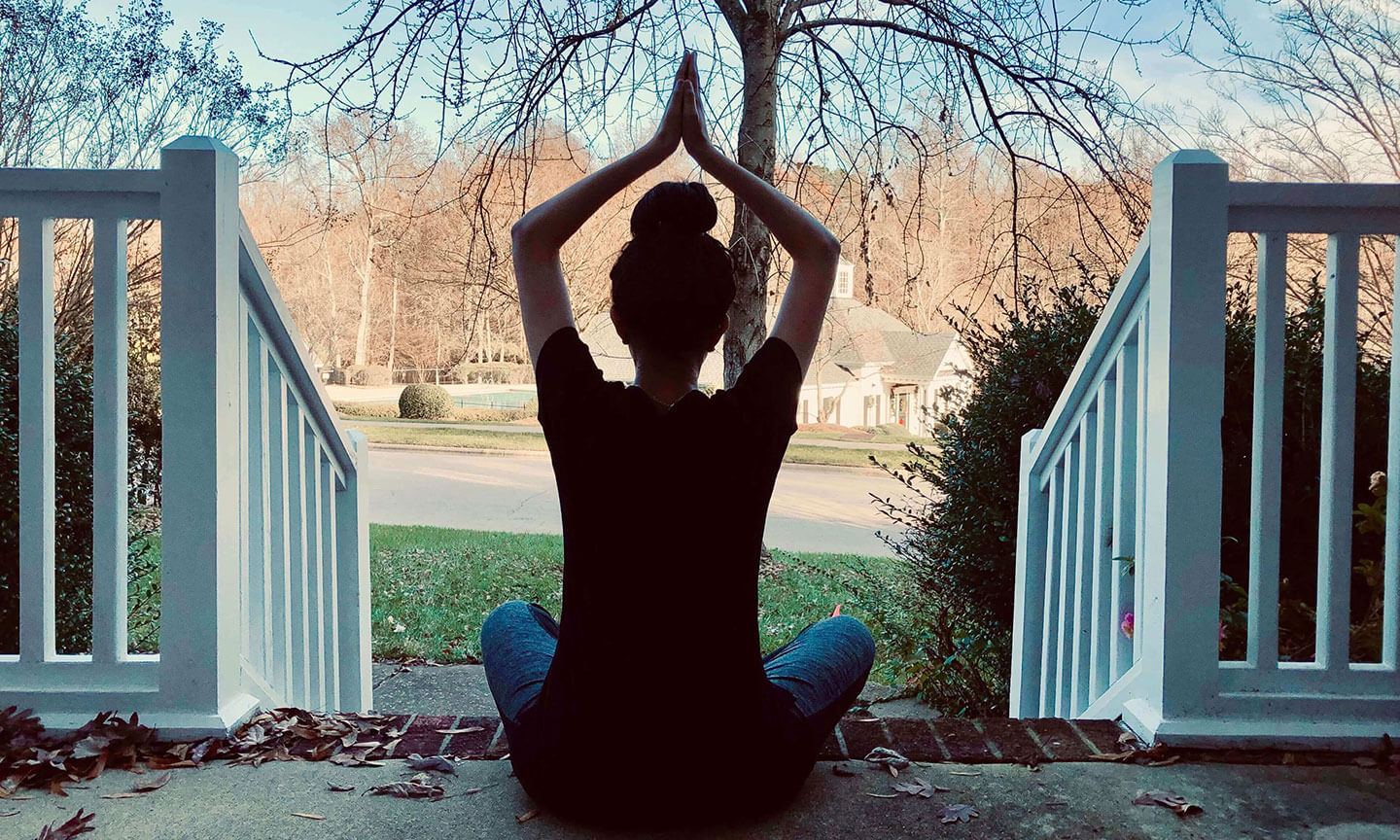
Take a Break and Get Outside
Nearing the end of the semester, students will be faced with the most difficult time of year... finals. Final exams are what most students dread every year right before leaving for break. Studying for hours can be exhausting and take a toll on students’ physical and mental health. Here are three activities that have helped me stay focused and determined while studying for those big exams.
Put Down the Phone
There have been many times while I was studying that I would pick up my phone to text one person back. What do you know?: 30 minutes later I would still be on my phone scrolling mindlessly through social media while accomplishing no work. Then I would stop looking at my phone screen and look right back onto my computer or iPad screen. This turned into hours of staring at nothing but screens, leading to headaches and sore eyes. I can easily say that the best decision I have ever made is to leave my phone in another room or my backpack while studying and not right next to me on the table.
Fresh Air is Essential
Sitting inside for hours on end is an easy way to lose motivation. On average, a person can stay focused for about 45 minutes at one time before their mind starts to wander. This may not seem like a long time to study for some people, but it can vary from person to person. What I have figured out works best for me is setting a timer for 45 minutes. As soon as those 45 minutes are up, I stop working, close my computer and take a 15-minute break. The best way to take a break is to get outside and enjoy a new environment, some sunshine, and fresh air.
Fresh oxygen can lead to keeping your eyes and brain running in the best shape possible. As referenced in this article on how fresh air affects children’s’ learning, “allowing in fresh air cleans the lungs and gets rid of impurities and allows more oxygen into the body. The brain uses 20% of the body’s oxygen supply – therefore keeping the air fresh is a sure way of keeping (your brain) working at top capacity to help in learning” [1]. Where going on your phone for 15 minutes will do nothing but strain your eyes, stepping outside and breathing the fresh air will immediately help your entire mental state.
Get Moving
Physical activity is a perfect way to take your mind off the stress of school. Some of my favorite activities to do outside include going for a run or bike ride, playing spike ball with friends, or going for a hike/walk to relax and enjoy the outdoors while letting my mind take a break. Not only does regular physical activity help ensure you will stay in shape throughout the school year but, according to Heidi Godman at Harvard Health Publishing [2], “exercise changes the brain in ways that protect memory and thinking skills”.
I can personally say that ever since I changed my study habits and stuck to the basics of putting my phone away, taking scheduled breaks outside, and getting regular exercise, I have seen a drastic change in the efficiency of studying. It now takes me less time to go through the material because the 15-minute breaks of fresh air or exercise help me stay much more focused during the 45 minutes of work.
With finals coming up, don’t make the same mistakes I once did of staring at screens for hours on end. Ironically, taking a break from studying every now and then may be your best chance to study effectively!
References:
Fireco. (n.d.) How Fresh Air Creates Happier Classroom. Fireco.uk. https://www.fireco.uk/how-fresh-air-creates-happier-classrooms/#:~:text=Allowing%20in%20fresh%20air%20cleans,capacity%20to%20help%20their%20learning.
Godman, Heidi (2014, April 9). Regular exercise changes the brain to improve memory, thinking skills. Harvard Health Publishing. https://www.health.harvard.edu/blog/regular-exercise-changes-brain-improve-memory-thinking-skills-201404097110
Do you have a compelling story or student success tips you’d like to see published on the Pearson Students blog? If you are a college student and interested in writing for us – click here to pitch your idea and get started!



